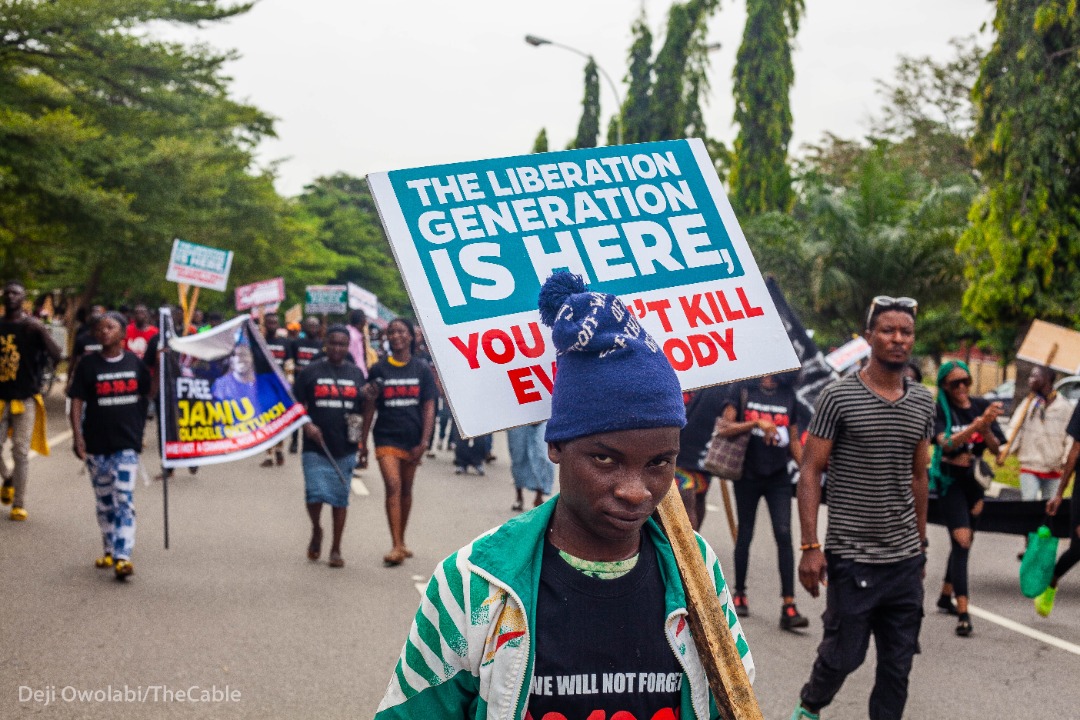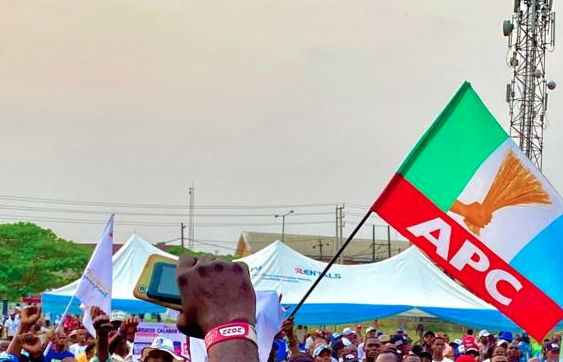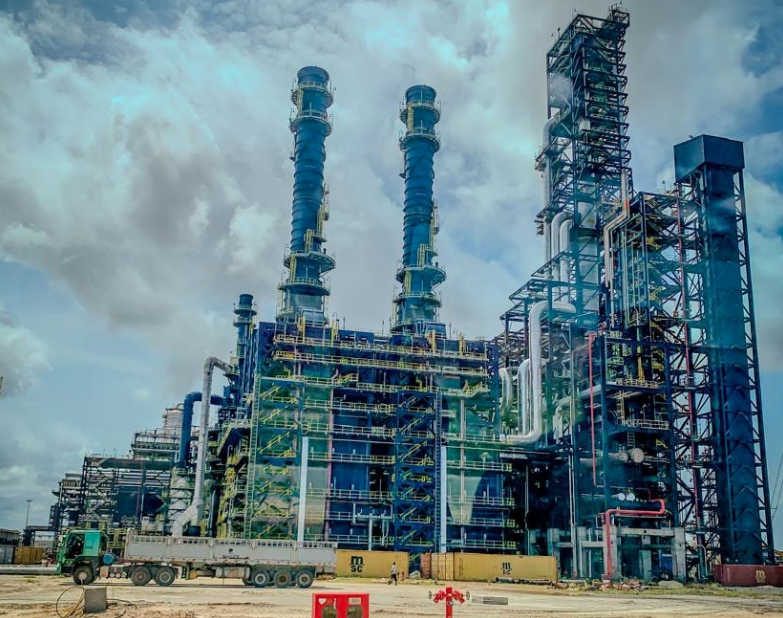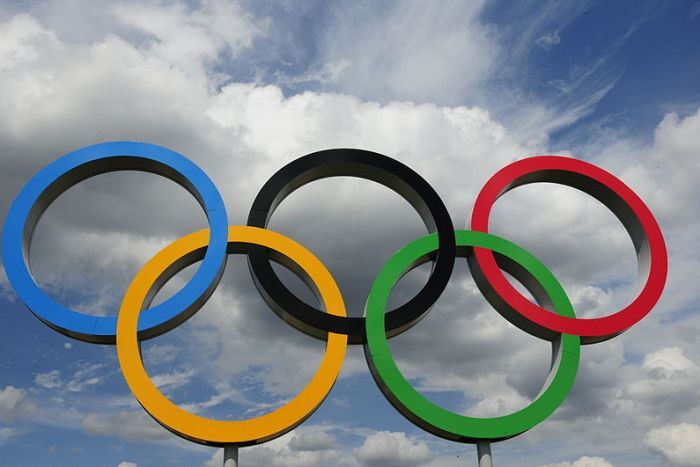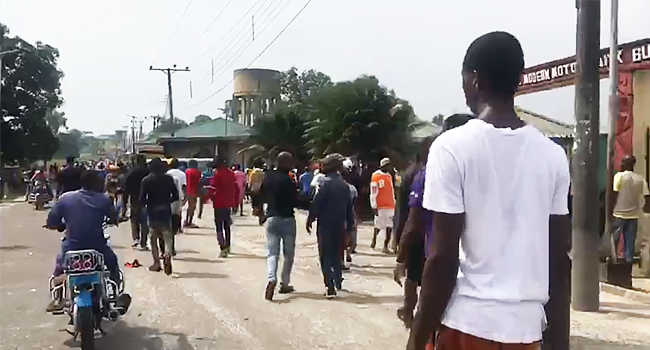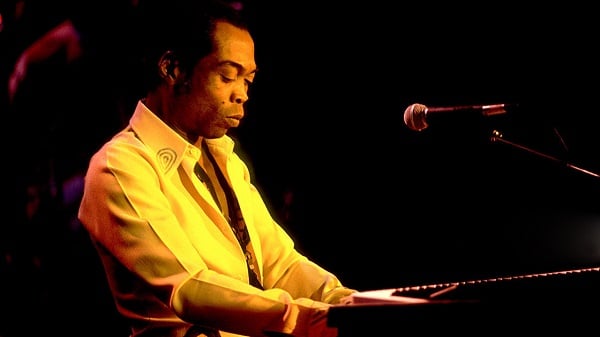#EndSARS protest in 2020
BY JOSHUA OPANIKE
As July 2024 draws to a close, Nigeria stands on the brink of a momentous event that could reshape its future. What may have once seemed like a minor concern or a fleeting idea born from a vexing conversation has, over recent weeks, escalated into an issue of international significance.
With the United Nations and foreign embassies issuing increasingly dire warnings, the urgency of the situation is undeniable. Unfortunately, Nigerian leaders often remain inactive on domestic issues until they are pressured by external forces. Their detachment is partly due to their comfortable positions, and they tend to act only when their personal political and economic interests are directly threatened.
The response from government officials since the plans for the protests came to light has ranged from weak threats to ineffectual appeals—none of which adequately address the underlying issues. This kind of governmental failure has led to widespread public discontent across other countries in Africa, often resulting in significant upheavals such as revolts and even coups, with far-reaching economic and political repercussions.
Advertisement
Protests inherently carry risks, and even those in power who take precautions can find themselves vulnerable. However, the greater concern is the potential for the country to be plunged into a crisis it cannot afford at this juncture. Our institutions are not robust enough to withstand extensive civic unrest.
Additionally, protests are susceptible to being co-opted by various individuals or groups with their own agendas. This underscores the importance of careful coordination. In our current political climate, having specific individuals lead protests poses risks: they are vulnerable to targeted actions by government agents and are also susceptible to inducements to divert the protest’s focus.
The relative success of the #EndSARS movement can be attributed to its decentralized nature, which mitigated some of these risks. Conversely, the Occupy Nigeria protests of 2012, which opposed fuel subsidy removals, were exploited by various factions, including politicians who later adopted the same policies they once protested against.
Advertisement
Despite the potential for protests to be disruptive, they remain a vital mechanism for demanding accountability from leaders. Protests alone will not effect immediate change, but they can initiate a series of events that push for reforms. The #EndSARS protests demonstrated this; they compelled the government to address police brutality, even if only temporarily — as there are reports of a resurgence of the menace of the men in black.
Nonetheless, that partial success illustrates the power of collective action. As the nation faces new challenges, it is crucial for citizens to recognize and trust in their ability to influence change, even in a seemingly rigged system.
The Nigerian oligarchy has long suppressed numerous protests and dampened the resolve of inspiring individuals bearing revolutionary spirits. And many people reasonably question the effectiveness of such actions. Regardless, the current economic and political situation in the country is dire and may unpredictably influence the protests.
Already, ethnic tensions are building up in relation to the protests, and recent events—such as the public dispute involving Aliko Dangote and the NNPC as well as the dismissal of the former chief whip of the senate—further complicate the situation.
Advertisement
The Nigerian elite may find themselves entangled in multiple conflicts, and the government could face a significant crisis if it fails to act strategically. Regardless of whether the protests materialize or not, or how they ultimately unfold, the primary hope is that common Nigerians emerge victorious.
Joshua Opanike is an alumnus of the Sprinng Writing Fellowship. He can be reached via [email protected]
Views expressed by contributors are strictly personal and not of TheCable.
Add a comment
